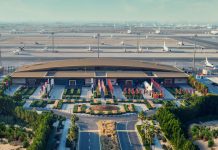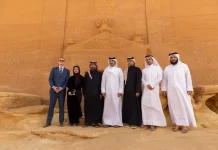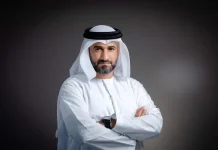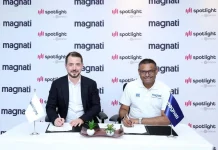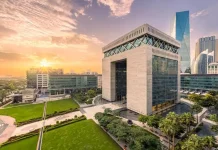The recent Responsible Business 2021, a virtual event organized by Reuters Events, served as a platform for providing business-critical, actionable insights. Speakers from governments, international organizations, and businesses shared their views about the international agreements, commitments, and measures towards the global sustainability transition.
With sustainability becoming the business itself and not a separate agenda, opportunities are arising from green new deals that are intended to drive economic growth while simultaneously addressing climate change issues. In the Middle East specifically, analysts at strategy& suggest that governments and corporate leaders already realize the opportunities presented by sustainability initiatives, and that a new circular economy model in urban areas could generate savings in the region of USD$138 billion by 2030[1].
Industries like ICT have been at the forefront, providing enabling technology for a greener world. ICT-enabled power savings and carbon emission reductions will far exceed the industry’s own, helping greatly conserve energy and reduce emissions worldwide.
“Carbon neutrality, circular economy, energy efficiency or waste management are at the heart of this much needed sustainability transition,” said Catherine Chen, Huawei Corporate Senior Vice President and Director of the Board. In her keynote, she emphasized the importance of reducing carbon emissions and fostering the use of renewable energy, and highlighted Huawei Smart PV solution which is being widely used in more than 60 countries. “All in all, when deployed in large ground-based power plants, Huawei smart PV solutions can help cut power generation costs by 7%. When used in enterprise campuses and households, they can increase power yields by 2% and reduce power consumption costs”, she stated.
Huawei has announced its commitment to minimizing its environmental impact in production, operations, and throughout the lifecycles of its products and services. Its main objective is to cut carbon emissions, promote renewable energy, and contribute to more regenerative economic systems. In 2020, Huawei worked with 93 of its top 100 suppliers to set a carbon emission reduction target. The PV power plants on Huawei campuses generated 12.6 million kWh of electricity. 1.55 billion kWh of clean energy was used, reducing carbon emissions by more than 620,000 tons. The device recycling program was expanded to cover 48 countries and regions, and recycled more than 4,500 tons of electronic waste. Huawei was among the top 5% of the Carbon Disclosure Project (CDP) ‘A List’ companies, out of the 9,000 companies scored by CDP on their climate change disclosures in 2020.
The event featured well renowned leaders and high level government officials including HRH The Prince of Wales, Virginijus Sinkevičius, Commissioner Environment, Oceans and Fisheries, European Commission, and Sanda Ojiambo, Executive Director, UN Global Compact, among others.
“Responsible Business 2021 clearly articulated the pressing demand for businesses to re-think parts, if not all, of their business. The event also provided a great platform for new definitive actions, new ways of collaborating and open innovation among all stakeholders. Companies like Huawei can play a vital role in ensuring the just transition and can serve as a role model for companies to transform their businesses,” said Liam Dowd, Managing Director, Reuters Events Sustainable Business.


